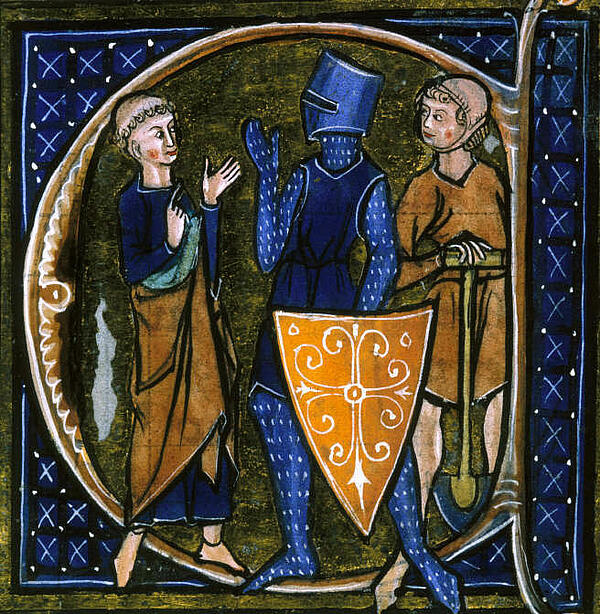What was the legacy of the Crusades?
According to historian Jacques Le Goff, very little was actually gained from the Crusades. In fact, he argued that “the only advantage gained by the West was the apricot”.
This claim from Goff is supported by many historians, past and present, who claim that the Crusades were a significant military failure for the West. However, the apricot was far from the only thing that was introduced to Europe as a result of these significant events - spices, household goods and other new ideas were also introduced following the many quests to the Holy Land,
In fact, the British Museum still houses a number of treasures brought back from the Crusades in its popular Byzantine collection.

Some of the new ideas and products brought back from the crusades include:
| Food products | rice, coffee, sherbet, dates, apricots, lemons, sugar, spices such as ginger, melons, rhubarb and dates. |
|---|---|
| Household goods | mirrors, carpets, cotton cloth for clothing, ships compasses, writing paper, wheelbarrows, mattresses and shawls. |
| New ideas | chess, Arabic figures 0 to 9, pain killing drugs, algebra, irrigation, chemistry, the colour scarlet, water wheels and water clocks |
The Crusades also proved to be the perfect opportunity to establish new trade routes, and the list above provides a strong indication of how western Europe benefited from the travels of the crusaders - culturally and financially.
On the other hand, Muslims gained relatively little, although there are a number of western items that made it over to their terrorises as a result such as linen and woollen cloth. Additionally, there were also years where trade between the two sides was strong.
The Crusades also had a significant impact on the building of castles, with many large castles (including Beaumaris and Caernarvon) built in Wales by Edward I following his return from his crusade with new construction knowledge. Specifically, Edward would have learnt from the scientific approach Muslims took to building, harnessing concentricity and using the area around the castle to strong effect.
In fact, some historians such as E Wright believe that their influence on Edward is the reason why so many Welsh castles still stand today. However, historians including C Cairns argue that castle building in Britain was already improving on its own, and the the influence of the Muslims simply resulted in a slightly accelerated process of advancing their knowledge.
Western Europe also benefited from algebra and alchemy, which were Muslim innovations that led to the advancement of chemistry, as well as from Arabic numerals that now form the basis of modern mathematics.
Additionally, the expenses related to the crusades are thought to have significantly advanced the governmental processes for assessing and collecting taxes - the forerunner of the taxation system that is now used around the world.
See also: The Crusades
MLA Citation/Reference
"What was the legacy of the Crusades?". HistoryLearning.com. 2026. Web.
